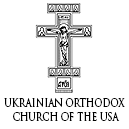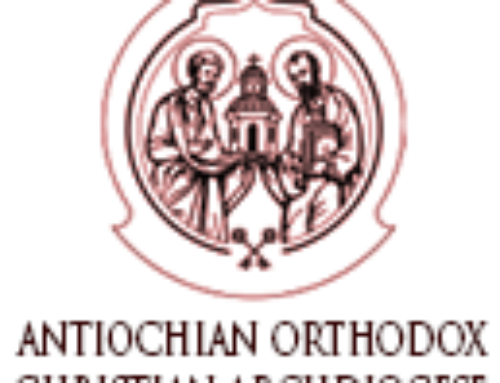This post was originally published on this site
Patriarchal Catechetical Encyclical on the Opening of Great Lent
By God’s Mercy Archbishop of Constantinople-New Rome and Ecumenical Patriarch
To the Plenitude of the Church
May the Grace and Peace of our Lord and Savior Jesus Christ Together with our Prayer, Blessing and Forgiveness be with you
Beloved brothers and children in the Lord,
With the grace and loving kindness of God, tomorrow we enter the arena of Holy and Great Lent, the most suitable period for the soul–our own soul–to turn toward the Lord.
This period is one of constant contrition before the mystery of God that daily unfolds before us, the mystery of our salvation. This is why the opportunity granted to us with the Sacred Fast has a special characteristic: the renewal and vigilance of the soul that is called for during this time filled with divine exhortation and sanctity to become aware of the ephemeral and material, while gradually being transferred to the eternal and spiritual.
Symbolically and summarily, the Great Canon of St. Andrew of Crete addresses its author as well as every soul troubled and distressed by the temptations and distractions of this life. Conscious of the burden carried by a soul wounded by sin, St. Andrew cries out with anguish: “My soul, my soul, arise; why do you sleep?” This cry leads to the realization of vanity and the inexpressible fear of death: “The end is near and [my soul] will be troubled.” Before the unexpected end of life that comes “like a thief in the night,” the illumined Cretan poet invites himself and every soul suffering and consumed by the fear of insecurity to “awaken in order that Christ our God, who is ever present and fills all things, may take care of us.”
The Orthodox patristic teaching calls each of us, during this period of struggle, to recognize “who we are, where we are, and where we are headed.” We are called to realize the vanity of this temporary life and repent for all that we have hitherto done “in knowledge or in ignorance, in word or deed, in action and in all our senses” contrary to the Gospel of Christ and the law of grace. Only then shall we find mercy and grace; and only then will the Lord, who knows hearts and minds as well as the innermost secrets and thoughts of human beings, take care of us and forgive our unjust thoughts that lead us to vain and useless deeds.
The struggle that lies before us culminates in vigilance, renewal and repentance. Through repentance, namely by coming to know our condition, and through confession, our life is crowned with “forgiveness of sins, communion of the Holy Spirit, and fullness of the heavenly kingdom.” This renewal is identified with the conscience of the repentant soul (see 2 Cor. 1.12 and Rom. 2.15) and is a gift of God.



